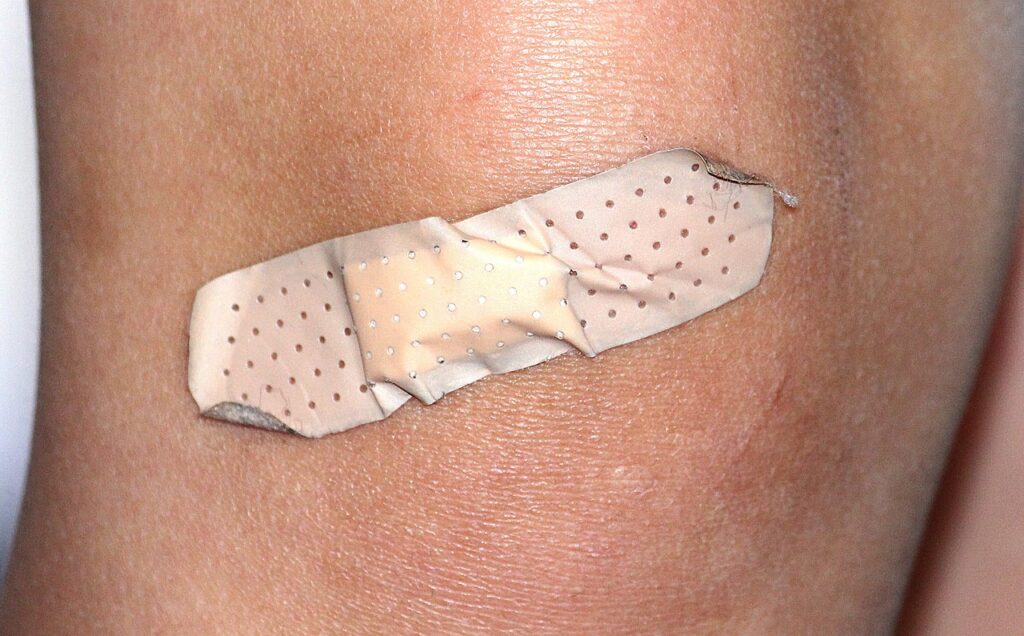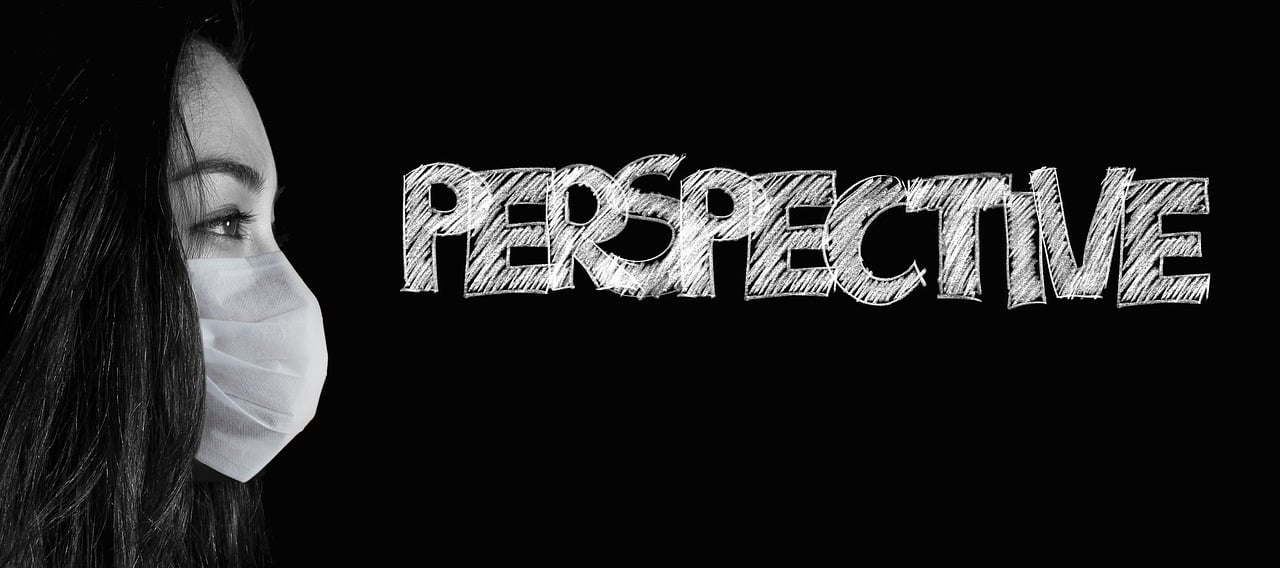Table of Contents
Proteins: An Introduction
Introduction: Protein isn’t just another nutrient in your diet; it’s a fundamental building block for overall health. It’s the keystone in the intricate architecture of your body, comprising muscles, tissues, and vital organs. Neglecting your protein intake can specifically affect your leg health, leading to weakened muscles, compromised bone strength, and bothersome symptoms such as swelling and delayed healing. Protein deficiency is a nutritional imbalance that occurs when your body doesn’t receive an adequate supply of essential dietary protein. Proteins are the building blocks of life, playing a pivotal role in various bodily functions same as vitamins and minerals play an important role in our daily bodily functions. They are responsible for the growth, repair, and maintenance of muscles, tissues, and vital organs, making them an integral part of our overall health.
This article will take a deep dive into the intricate connection between protein and leg health, offering insights and practical advice to ensure that your legs stay robust, agile, and resilient.
The Pivotal Role Of Protein in Leg Strength
- The muscles in your legs are among the hardest working in your body, facilitating your daily movements and activities. To keep them in top shape, a steady supply of protein is a must. Proteins foster muscle growth and sustain their strength by providing essential amino acids. When you fall short on protein, your leg muscles weaken, making it challenging to engage in physical activities and sports, diminishing your overall quality of life.
Protein Deficiency and Leg Swelling
2.Protein Deficiency and Leg Swelling Protein is a critical regulator of fluid balance, preventing excess fluid from accumulating in your tissues. A lack of protein can lead to edema, characterized by an abnormal buildup of fluids in the legs and feet. Edema not only causes discomfort but also hampers mobility, causing skin changes, pain, and potentially, ulcers. By maintaining adequate protein intake, you can minimize the discomfort and unsightly appearance linked to leg swelling.

The Domino Effect of Protein Deficiency
The Domino Effect of Protein Deficiency on Bone
3. Health Inadequate protein intake sets off a chain reaction that negatively impacts bone health and disrupts nerve and muscle function. The foundation of your bones relies on a protein-rich matrix, crucial for bone development in children and maintaining bone health in adults. A protein shortage can lead to decreased bone density, raising the risk of osteoporosis, a condition that makes bones susceptible to fractures, even from minor stresses. Older individuals, in particular, should prioritize their protein intake to ensure strong bones, including those in the legs.

Protein Deficiency and Wound Healing
4.Protein Deficiency and Wound Healing Wound healing is a remarkable process, where proteins are key players in generating collagen, a vital structural protein for skin, tendons, and connective tissues. Inadequate protein in your diet can hamper collagen production, slowing down the healing process. This delay can be especially concerning for leg injuries or surgeries, resulting in open wounds, infections, and unsightly scars. Furthermore, impaired wound healing can lead to emotional and psychological effects, including frustration and anxiety due to prolonged discomfort and restricted mobility.

Preventing Protein Deficiency
5.Safeguarding Your Leg Health by Preventing Protein Deficiency Preventing protein deficiency is well within your reach, achievable through thoughtful dietary choices and a balanced lifestyle. Ensure your daily meals include a variety of protein-rich foods like lean meats, poultry, fish, eggs, dairy products, legumes, nuts, and seeds. Strive for a diverse diet that includes both animal and plant-based proteins to obtain a broad spectrum of essential amino acids. While recommended dietary allowances offer valuable guidelines, individual needs may vary. Seeking guidance from a healthcare professional or registered dietitian, especially if you have specific leg-related health concerns or are in recovery, is advisable. They can help determine your optimal protein intake and recommend supplements if necessary.

Conclusion
In conclusion, recognizing the profound impact of protein on your leg health is the first step toward nurturing stronger, more resilient limbs. Prioritizing your protein intake can lead to enhanced muscle strength, edema prevention, fortified bone health, and expedited wound healing, ensuring that your legs remain your steadfast companions throughout life’s journey. For a more in-depth exploration of maintaining optimal leg health, delve into our comprehensive guide of articles where we share useful insights about your health.






